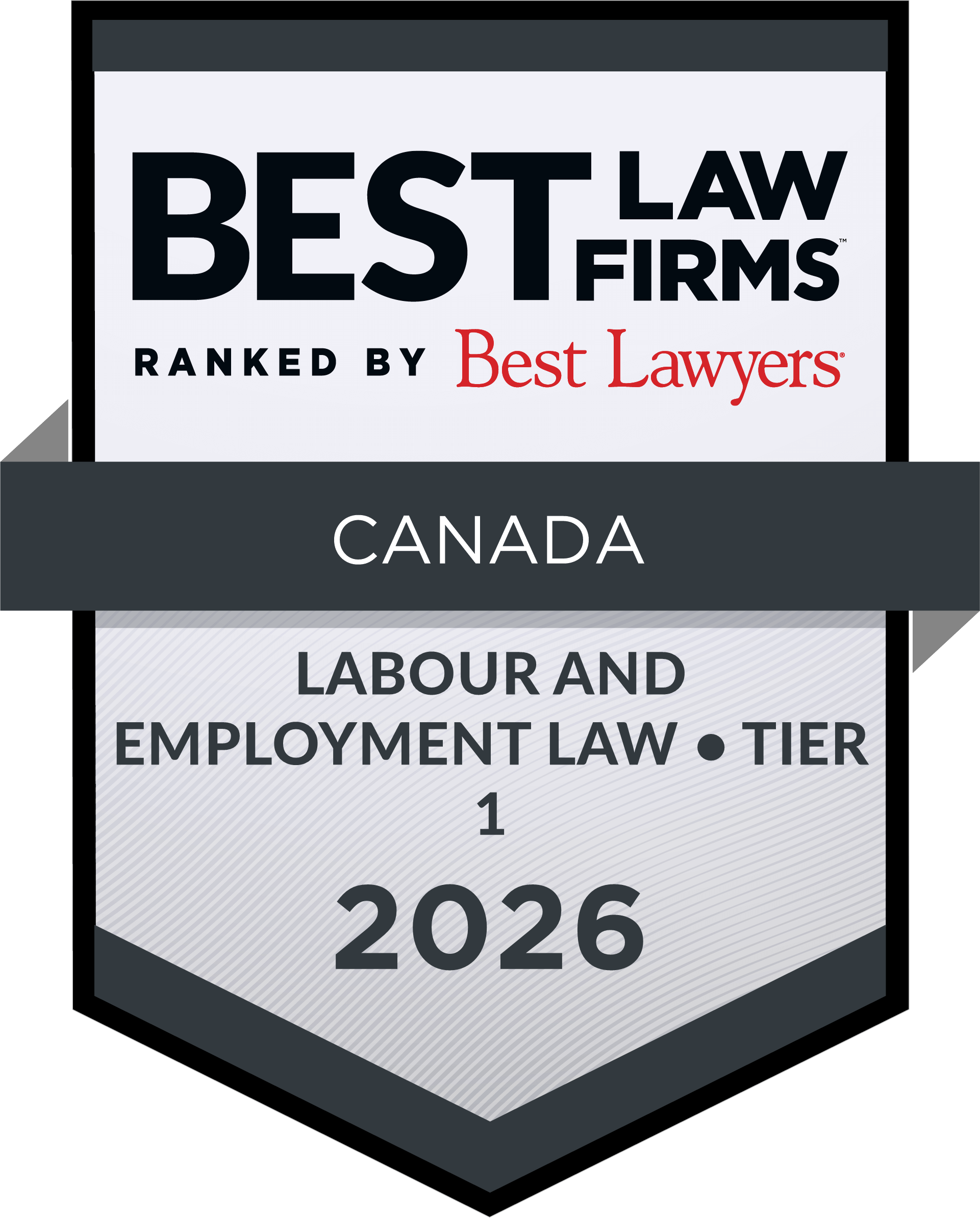When investigators need “no less serenity than a judge”: What Carreau v. Canada quietly signals to HR leaders
Those who manage internal investigations generally want workplace investigations to feel fair. That usually means making sure people feel heard, allowing input, and trying to keep the process collaborative. However, there can also be an urge to treat investigation reports as collaborative documents that can be substantively refined before they are treated as truly final.




